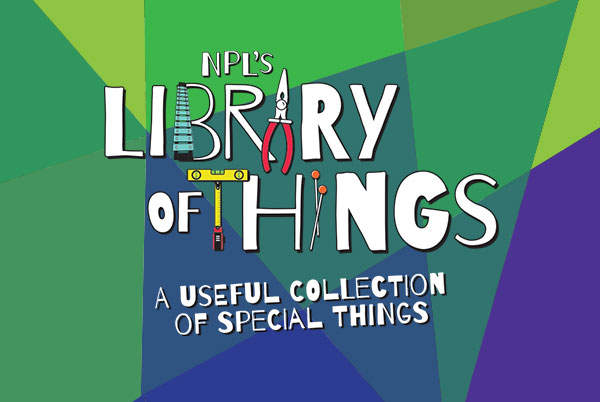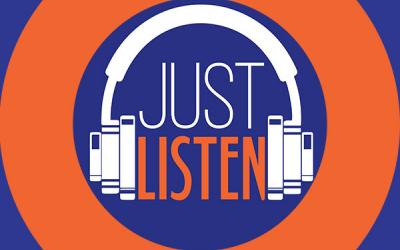
We ask that, when you bring seed to the Nashville Public Library Seed Exchange, you follow certain protocol. We want people who take seeds to get what is on the label, and we want to protect against passing on disease.
Basic Protocol
Adapted from the Seed Protocol from the West County Community Seed Exchange, Sonoma Co., California.
- Save seeds from healthy plants. Even if a disease does not get passed on through the seed, we do like to have some selection for disease resistance by only saving from healthy, strong plants.
- Save seeds from multiple plants so that the seed has some genetic diversity in it. The quantity of plants that is optimum depends on the type of plant. For self-pollinating plants a minimum of 6 plants is necessary. For cross-pollinating plants, you’ll want to save from a much larger population.
- If the plant cross-pollinates, you’ll want to make sure to keep it isolated so it stays “true to type.” Check with a seed saving chart or book to get proper isolation distances.
- When you give seeds to the Seed Exchange, please label with as much information as you can.
- Many people like to save seeds from a favorite plant that might not be harvested from multiple plants or from a plant that isn’t super healthy. Some people like to save seeds from interesting crosses. You are welcome to bring those seeds. Just make sure you write that down on the label so others know they are participating in your experiment.
Guidelines for Returning Seeds
- Dry: Make sure seeds are dry.
- Clean: Return reasonably clean seeds by removing as much of the chaff as possible.
- Properly saved: Only return seeds from plants that you know how to save properly.
- Some seeds can be fairly reliably saved without cross-pollination (and unintentional hybridization). These include tomatoes, beans, peas, and lettuce.
- Only return seeds from the brassica (ex. broccoli, cauliflower, kale, brussels sprouts, cabbage) or cucurbit (ex. cucumbers, squash, melons) families if you have taken appropriate steps to prevent cross-pollination, such as hand-pollinating.
- Label! Label! Label! Give us as much information as possible (variety, location, year saved, helpful hints, etc.). Remember that people only have as much information about a seed as what you have written on the package in order to decide if it is a plant that they would like to grow. More information is better.
- Share the abundance: If you have lots of seeds, consider donating lots! We share with Seed Exchange locations across Davidson County.
Thank you for saving seeds!




